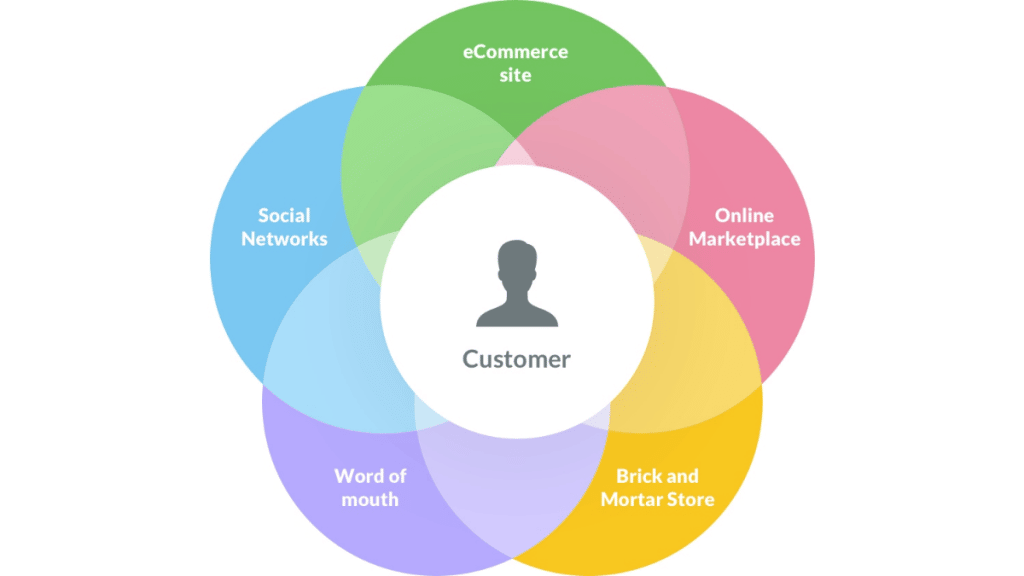As the eCommerce industry continues to grow, online businesses need to rethink their marketing channel strategy in order to outperform their brick-and-mortar counterparts. In today’s ultra-competitive marketplace, meeting consumers’ expectations for omnichannel services does not come easy.
A well-thought-out channel strategy is a prerequisite for customer retention, higher customer engagement, and higher purchase rates. With an omnichannel or multichannel selling strategy, businesses can diversify their traffic sources and consequently increase sales.
What is Omnichannel Marketing Strategy?
An omnichannel marketing strategy focuses on providing a consistent customer experience throughout all relevant marketing channels. Whether a customer interacts with your brand through your mobile app, website, third-party platform, or event storefront, their experience remains consistent. Check out https://betfirst.dhnet.be/en/ to enjoy an omnichannel gaming experience.
Though omnichannel experience is used synonymously with multichannel customer experience, the former takes the latter one step further.
The multichannel marketing experience allows customers to choose between several channels that are not integrated or aligned with each other, while the omnichannel experience allows customers to use many different well-integrated channels to make a purchase. Omnichannel marketing or selling keeps the customer at the center, allowing them to decide what channel to use.
Benefits of Omnichannel Marketing Strategy
Setting up an omnichannel experience for customers takes a lot of time and effort. Here’s why you need an omnichannel marketing strategy:
1. Higher Customer Satisfaction
With an omnichannel customer strategy, you can deliver a fluid customer experience that results in higher customer satisfaction. If you have been running an online business for quite some time, you should know that customer retention is cheaper and easier than customer acquisition.
Businesses with a well-thought-out omnichannel strategy have an average customer retention rate of 39%. According to a survey by Accenture, 75% of B2B customers will buy again from the same provider if it provides a good omnichannel experience.
2. Greater Conversions
If each selling channel displays the same product information, the consumer is more likely to actually buy the product. An omnichannel experience helps the brand build a sense of trust with consumers. Shoppers are more comfortable buying a product when they know they are getting the same deal regardless of what channel they use.
3. Efficient Collection of Data
Omnichannel eCommerce allows businesses to monitor their customers across multiple channels. This allows them to better understand the preferences of their customers. With a unified presence on many different platforms, you have the ability to know more about your customer and learn what they expect from you.
The more you understand your customer, the better you will be able to satisfy their needs. You can check out what products they have looked at or what offers they clicked on. When you know each customer’s preferences and needs, you can present them with customized offers and discounts, making them feel that they are not like just anyone.
4. More Traffic
When you have a unified presence across multiple channels, you receive traffic from many different sources. This helps increase your store visits and sales. A good omnichannel strategy will make you more social and increase your brand awareness.
